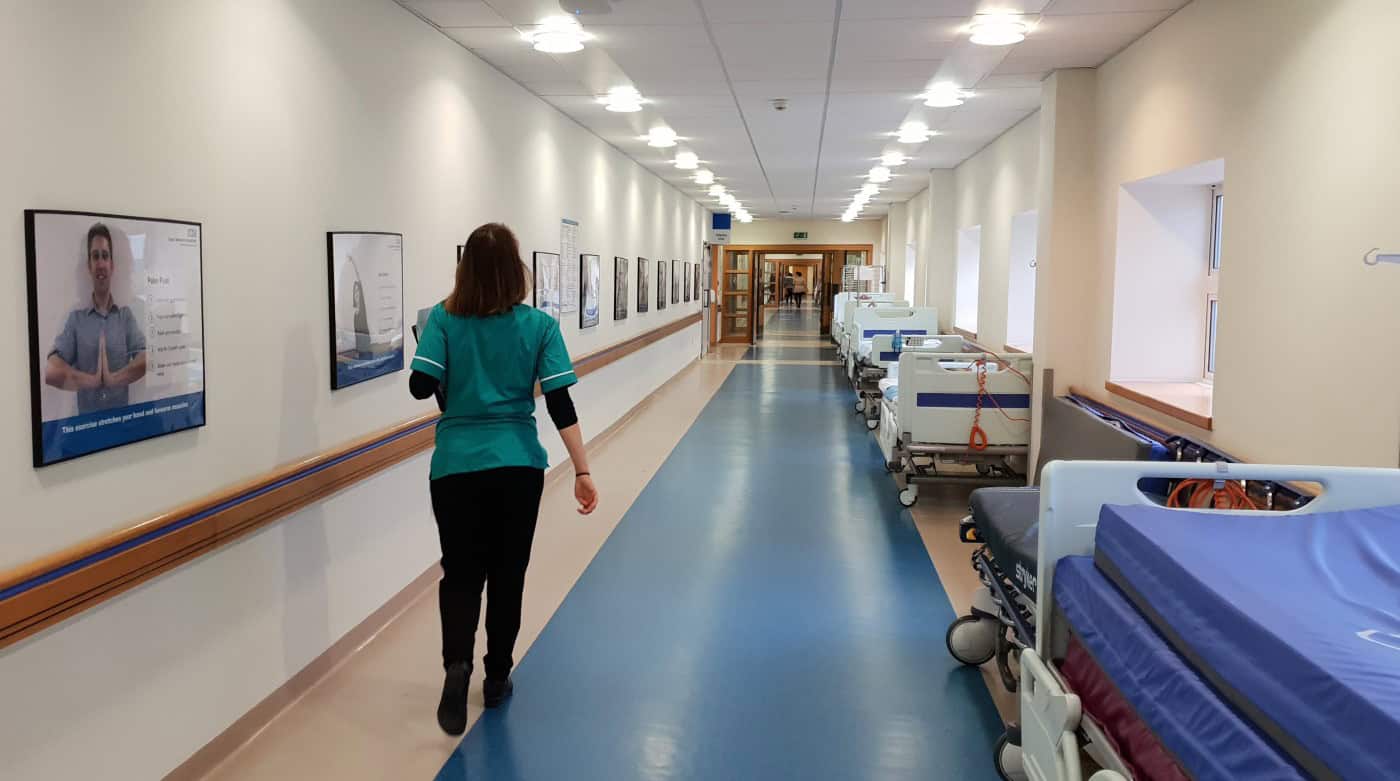
NHS learning from clinical negligence litigation must empower the claimant
Getting it Right First Time (GIRFT) is a national programme that is designed to improve medical care within the NHS. It seeks to do this by tackling variations in how service is delivered within the NHS and by sharing best practice. In May GIRFT published “Learning from Litigation Claims: The Getting It Right First Time (GIRFT) and NHS Resolution best practice guide for clinicians and managers”. On visits across Trusts in England, GIRFT found that many clinicians and managers were unaware of the claims against their departments. In response GIRFT alongside NHS Resolution, has provided guidance to ensure that learning from litigation has equal weight to internal incident learning and complaints.
The guidance
The published guide gives a recommended structure for learning from clinical negligence claims that should be led by Trust legal departments and supported by clinicians and managers. It provides an approach to claims learning including;
- Claims should include relevant clinical details that will facilitate learning on a local and national level. Clinicians should have time allocated to their job plan to review claims and integrate learning into the clinical governance of their department. Trusts will have a named claims handler at NHS Resolution who they can liaise with for updates and feedback after the closure of claims.
- A clinical department’s claim should be discussed regularly in a formal governance structure on at least a quarterly basis in departmental meetings.
- Trusts should monitor their claims learning practices to ensure the maximum is gained for the improvement of patient care.
- Making clinicians aware of the clinical negligence claim will reduce the stigma around discussing claims.
The guidance refers to a case study from the orthopaedic department at Kingston Hospital NHS Foundation Trust, which demonstrates what the guidance looks like in practice. Within the Trust, litigation claims are reviewed every month at department governance meetings. These meetings are attended by all clinical staff and management in the department and if claims are discussed learning is supported by the Trust’s legal team. As such, not only do learning themes emerge from clinical negligence claims but claims learning is actually promoted among clinical staff.
Learning from Clinical Negligence Claims and the Claimant’s view
As a claimant firm specialising in complex personal injury and medical negligence claims, we know that for many clients a Trust learning from negligence and ensuring the same mistakes are not repeated can be one of the key determinants in deciding to pursue a claim. The guidance sets out a clear business case for investment in safety, with the background that the annual cost of harm arising from clinical activity during 2019/20 covered by the Clinical Negligence Scheme for Trusts was £8.3 billion in that period. However, for many claimants, the cost of negligence upon their life and family goes beyond financial quantification.
Frequently, we hear from claimants that they want to ensure that no one else goes through what they went through. It is therefore welcome to see the guidance acknowledge that learning from clinical negligence claims influences and improves clinical practice; especially in the consent process, pre-procedure patient education and clinical documentation. Helen Vernon, chief executive of NHS Resolution, welcomed the guidance saying that “Claims for clinical negligence are a valuable source of learning and an opportunity for improvement which should not be lost”.
The guidance is accompanied by a statement of support from Sir Robert Francis QC, chair of Healthwatch England and the Chair of the Mid Staffs public inquiry. In the guidance, Sir Francis QC writes that “so many victims of medical accidents I have met wanted, but was denied, honest explanations, appropriate apologises and timely support for their needs. They would have welcomed being involved in working out how their experience could be used to avoid others suffering as they had”. He writes further “I look forward to a day when all patients who have suffered unexpected and unwanted harmful outcomes will have the chance to be part of the learning from incidents’. His words strike at the heart of the issue. That is to say, learning from clinical negligence claims must involve not just the Trust and clinicians but also claimants.
While the guidance is a welcome commitment to learning, without putting the claimant or the family of the bereaved at the centre of the process, we fail to truly understand the impact of clinical negligence on their lived experience. The psychological impact of the negligence on the claimant and their family must be considered to ensure that investigations and learning include areas of importance to them and provide meaningful change to others. If learning from litigation gets this right then this will increase transparency and trust in the NHS.
Needless to say, where claimants are involved in active proceedings, their engagement in the learning process won’t be appropriate. However, upon its conclusion we see nothing to prohibit liaison with GIRFT. Furthermore, claimant firms with specialist knowledge of the medical negligence process should also be considered key stakeholders in facilitating learning throughout the NHS. While the GIRFT programme is a welcome start for clinical negligence claims to be a source of learning, the GIRFT should consider the below recommendations;
Suggestions for increasing engagement from claimants
- GIRFT should ensure that claimants are aware of the programme and provide resources to increase claimant’s understanding of the programme and the intended outcomes.
- Claimants should be encouraged to share their experience and recommend learning at the completion of their claim. This could include a standardised form sent to claimants asking them to share their experience.
- Where appropriate some claimants should be invited to governance meetings to share learning.
- A working group of claimant solicitors should be established to contribute to the GIRFT to represent claimant issues and discuss how claimants can be best engaged in the programme.










